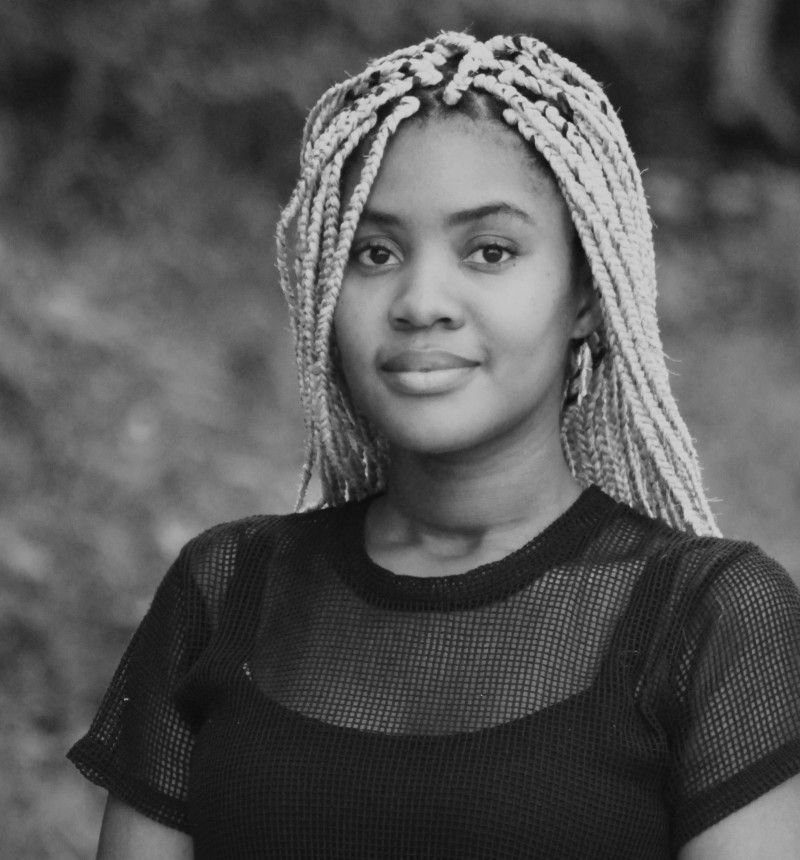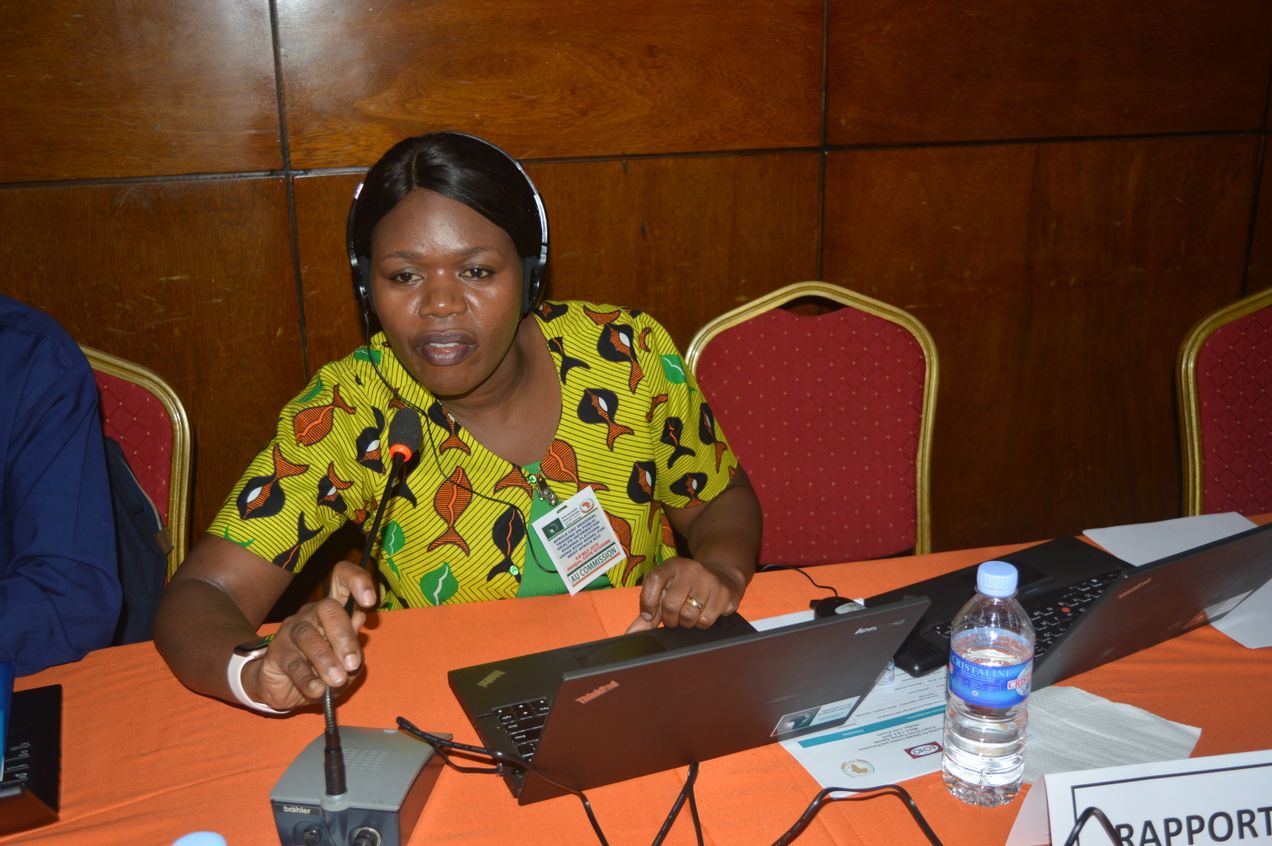
Overcoming a Mental Breakdown
Nana Plange still gets depressed from time to time. But she has adopted the art of gratitude, learning to see the glass as half full instead of half empty.

At the start of 2020, everything seemed to be getting back on track. I had recently returned to university for a second degree after a few years of dealing with depression. So, when Ghana announced its first recorded covid-19 case, I took it in stride, seeing it as just another surmountable hurdle.
Over the next few days, the number of students on campus dwindled as many hurried to leave. I was scared but the thought returning home was one I did not want to entertain. Things were financially difficult at home, especially for my parents and since I was just recovering from a depressive episode, I did not want to return to an environment that might trigger a relapse. Indeed, I was between a rock and a hard place but decided to take my chances and stay on campus. Luckily, the university made allowances for students with peculiar issues to remain on campus, which was peaceful and quiet.
I relied heavily on social media and news outlets to connect to the world at large and kept in touch with my parents to ensure they adhered to health protocols. As lectures moved online and weeks turned to months of uncertainty, I suffered bouts of depression. The never-ending solitude forced me to relive past experiences and constantly mull over disappointments. I became paranoid, having convinced myself somehow that the pandemic was a testament that bad things will always happen to me no matter how much I tried to redirect my life.
What’s more, balancing schoolwork and news about the pandemic aggravated my poor mental health, which led to a mental breakdown. I got regular panic attacks and suffered from paranoia, anxiety and a lack of motivation. There were days I experienced crying spells and struggled to get out of bed to do anything.
Following that episode, I spoke to a friend who connected me with a psychotherapist. I was diagnosed with cognitive distortions, which basically meant my brain was using past experiences to lie to me.

After several in-person and online sessions, we came up with a couple of mental exercises that involved my viewing life as an event that’s not just happening to me but as an experience I could learn from. This has helped shape my perspective in that I am able to identify intrusive thoughts, and by applying certain exercises like journalling to better understand my depressive patterns and commanding my brain to stop overthinking, I do not let them dictate my reality.
Although I’ve made remarkable progress, I still get depressed from time to time. That said, I have adopted the art of gratitude, learning to see the glass as half full instead of half empty, which has made me appreciative of things that truly matter. I’ve also taken up new hobbies and skills like baking and writing, which has helped steer my thoughts towards positive outcomes. Thanks to therapy, I have a better grip on life.

